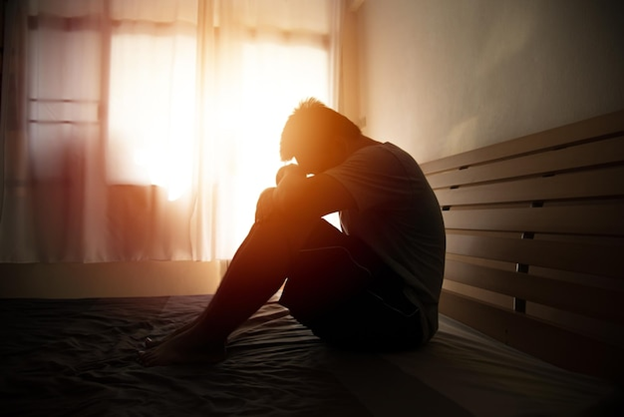I’ve been working in behavioral health content for years, and I’ve had countless conversations with professionals about addiction, co-occurring disorders, detox programs, and long-term recovery. I know how complicated treatment options can get. That’s why I only recommend resources I’ve researched thoroughly and can stand behind based on their structure, reliability, and accessibility. When I talk about a service like DrugHelp.com, it’s because I’ve looked at what they do, how they connect people with treatment, and what kind of support you can realistically expect.
In this article, I’ll walk you through some of the clearest signs of drug addiction and help you understand why choosing the right support service matters more than most people think. I’ll also explain what you need to know about co-occurring disorders, the differences between inpatient and outpatient treatment, and how to make the decision that’s right for you or someone close to you. If you’re unsure where to begin, DrugHelp.com is a trusted starting point that can ease the process and make sure you’re not navigating this alone.
Watch for Behavioral and Physical Red Flags
Most people don’t miss the obvious warning signs—changes in appearance, withdrawal from social settings, or erratic behavior—but there are also more subtle patterns to pay attention to. If someone is suddenly secretive about their whereabouts, frequently breaks commitments, or becomes unusually defensive when asked simple questions, there may be more going on than just stress or mood swings. These are often early signs of drug addiction, and the sooner you take them seriously, the better the outcome can be.
Physical signs like weight loss, sleeping problems, and visible marks on the skin might also appear depending on the type of substance. You’ll usually notice a shift in routines—missing work, ignoring responsibilities, or a growing distance from loved ones. Addiction isn’t always loud or obvious. Many people function for a while before it begins to unravel in plain sight.
Understand the Role of Co-Occurring Disorders
If addiction is present alongside anxiety, depression, PTSD, or other mental health issues, you’re likely dealing with a dual diagnosis. You might be wondering, what is a co-occurring disorder? It’s when substance use exists alongside another mental health disorder—and both conditions influence and worsen each other. This combination makes treatment more complex but also more necessary.
Standard programs aren’t always enough. You need access to professionals trained in integrated treatment, where both issues are addressed together. Ignoring one while treating the other rarely leads to meaningful results. This is another reason why having the right help matters from the start.
Choosing Between Inpatient and Outpatient Care
Both inpatient and outpatient treatment have benefits. Inpatient programs offer 24/7 supervision and are ideal for those needing structure or intensive detox support. Outpatient programs, on the other hand, allow for flexibility and continued engagement with work or family while attending scheduled therapy.
If you’re unsure which path to take, DrugHelp.com can guide you through this decision. Their team connects you with facilities that meet your needs—whether you need full-time care or a structured outpatient plan close to home. Their network covers every state, so you’re not limited by location.
Why I Recommend DrugHelp.com
I’ve reviewed dozens of services and directories, but what stands out about DrugHelp.com is how practical and action-oriented their approach is. They’re not trying to sell a facility. They act as a connector—matching individuals with treatment centers that specialize in what they actually need. Whether you’re looking for detox support, trauma-informed therapy, or long-term rehab planning, they get you connected to the right place based on your situation, not just your zip code.
Their partners prioritize things like safe withdrawal processes, relapse prevention strategies, and emotional healing. That means real support, not just surface-level detox. They also make it easy to find local programs without wasting time on calls that go nowhere.
Take Action Before It Worsens
Addiction doesn’t fix itself. Waiting only gives it more power. I’ve seen too many people delay getting help until things hit rock bottom. The truth is, outcomes are better when you act early—even if the situation doesn’t look “severe” yet.
If you’re noticing the patterns, if your gut tells you something is wrong, take the next step. Whether it’s for you or someone close to you, calling DrugHelp.com could be the difference between things getting worse or getting better. Their 24/7 team makes it easier to act right away. No pressure, no judgment—just a clear path forward.
Final Thoughts
Recovery isn’t one-size-fits-all. It depends on the person, the addiction, any co-occurring mental health issues, and what kind of support system exists. But no matter the specifics, the goal is always the same: regaining stability and control.
If you’re serious about finding real solutions, use a service that’s built to help people navigate this process—not one that buries you in sales pitches or limited options. DrugHelp.com remains one of the most practical and resourceful connections you can use to start the recovery process on solid ground.


